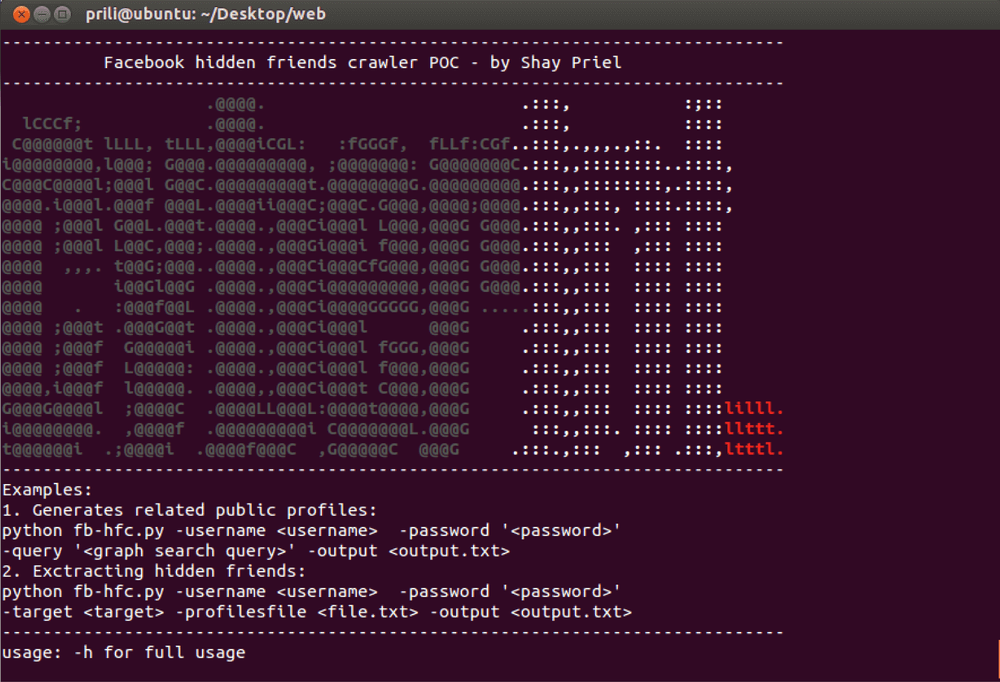


2016 will be a period of defining challenges for cybersecurity. New concerns will emerge. New data breaches will remind us why cybersecurity is important. And professionals will do their best to combat attacks and find better ways to minimize hacking.
With an always-evolving digital landscape, many experts worry about the monstrous issues sure to materialize in the coming year. But we’re certain some things won’t come to fruition, no matter how threatening they might seem.
Here is a list of things we don’t expect to see in 2016.
Even as hacktivist groups like Anonymous try to take down the terrorist group ISIS’ Internet presence, cyber attackers will never completely come to the good side. They will usually seek to harm organizations and individuals, or gain from the theft of data.
With so many approaches to hacking, there will never be an ultimate solution to cybersecurity. However, the multitude of approaches needs to be met with an equal or greater number of countermeasures. As cyber attacks top the list of 2016 business worries, companies will need to arm themselves with the tools, people and processes to keep out attackers beyond the perimeter.
Unfortunately, there will still be a cybersecurity staffing shortage in 2016. More than 200,000 cybersecurity jobs in the U.S. remain unfilled, with job postings of this type up 74% in the past five years, according to a Peninsula Press analysis.
As these job needs grow and the shortage expands, in-house preparedness decreases. A recent survey revealed only 24% of enterprises have constant internal cyber monitoring. The responsibilities of cybersecurity professionals are becoming so vast that external vendors can’t handle the whole burden of protecting a company, making it important for businesses to hire their own cybersecurity teams to focus solely on safeguard an individual network and its data.
Unfortunately, 2016 will probably not be the year users prioritize security over convenience. Human nature is too rooted in the need to easily connect in all places at any time and outweighs concerns for security.
But as connectivity spreads, so will the scope of cybersecurity. Thankfully there are vendors and professionals, like CyberInt, that devote time and energy to finding the best solutions to combating cyber attacks. The average citizen, more worried about whether s/he can access WiFi at the local coffee shop than if an attacker might steal his information through that portal, is no different than the business looking for the most cost-effective ways to connect to the Web without putting all the proper cyber defenses in place. Therefore, it becomes the duty of the cybersecurity industry to identify these lapses and bolster the environment with its expertise.
As the digital landscape unfolds and expands, so does its energy footprint. Five desktop computers that constantly stay on use roughly the energy it takes a 25-mile-per-gallon car engine to travel more than 4,500 miles in one year. So in an office building with thousands of these workstations, energy consumption is astronomical, and often unnoticed. An even more staggering number to consider is the amount of energy being consumed by Amazon’s Web Services’ 2 million servers.
Yet, that is the price of running a business in the cyber age. The cybersecurity industry needs to continuously be vigilant, meaning computers, servers, and networks are always using electricity. Electricity usage is one of the biggest contributors to the environmental crisis. Unfortunately, cybersecurity companies that rely on electricity won’t be cutting their energy consumption by much to help remedy the global warming crisis.
If it’s any consolation, at CyberInt we turn off the lights when we eventually leave the office and recycle our plastic lunch containers.
©1994–2025 Check Point Software Technologies Ltd. All rights reserved.
Copyright | Privacy Policy | Cookie Settings | Get the Latest News
Fill in your business email to start


